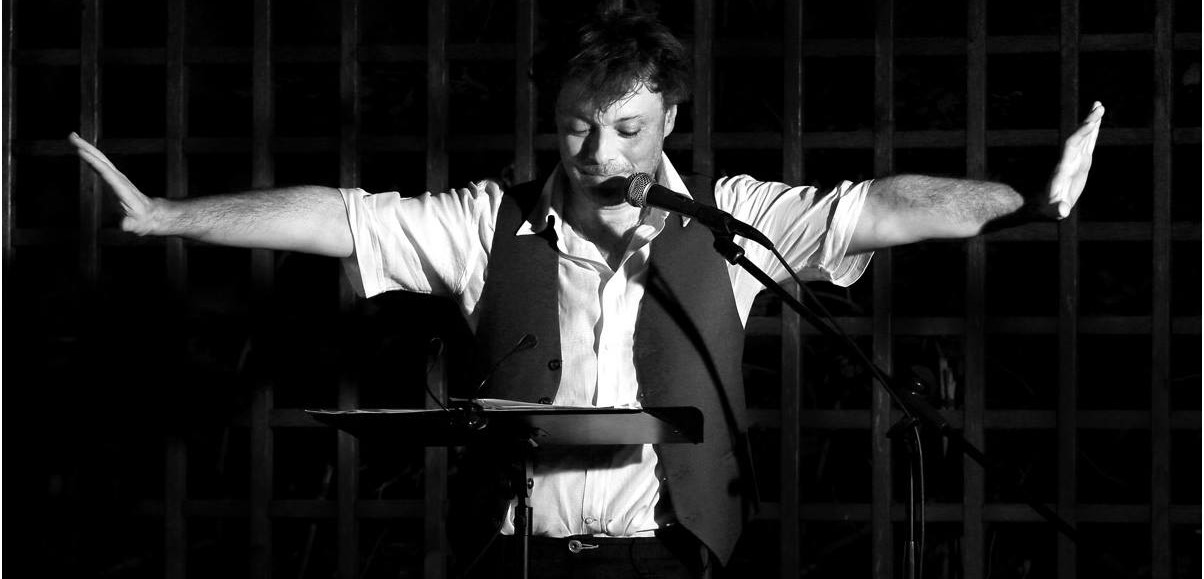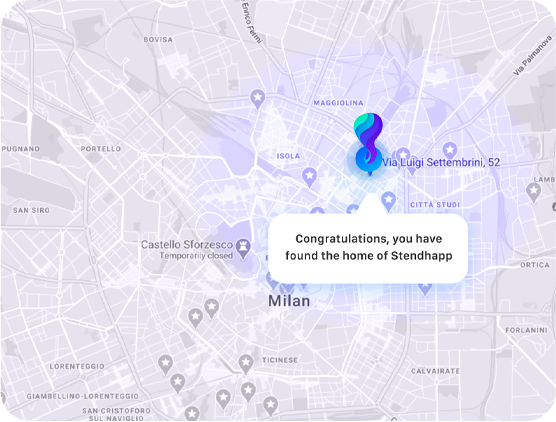The meeting in Venice in October 1967 between Ezra Pound and Pier Paolo Pasolini represents a rare moment of inestimable value, so much so that it is still available today in the RAI archives and visible on RayPlay. It is in fact the occasion where two kindred spirits-though so different in their existential paths and ideological choices-come to a human and intellectual “pacification” in the sign of great literature. A sort of passing of the baton from the wise old man, who had known coercion in a mental hospital because of his known sympathies for Fascism, to the young writer and director whose artistic sensibility, of a completely antithetical sign, was disrupting the morals of the time.
In the “Manifesto for a New Theater,” Pasolini had theorized, and then acted upon, the importance of bare sets, of “calling each other names,” and of “looking each other in the eye”; all this is there in Venice, in Pound’s house on Calle Querini: decor not absent but bare, democracy of speech and opinion, the intention to look each other straight in the eye.
But the question was, and is, what could the most marginalized poet in America and the most misaligned intellectual in Italian communism possibly say to each other? Pound was returning to speak out after years of silence, and after thirteen years in a criminal asylum; Pasolini for his part was just beginning to be recognized as a full-fledged intellectual after years in which he had been mocked, accused, mocked by the Italy of the well-meaning.
The encounter between Pasolini and Pound is between two only apparently distant souls
Two heretics. Two vibrant, opposing souls in apparent contradiction.
Two men distant in politics, age, and literature.
But two poets, with the same love for words, sensitivity, courage, and lucidity in suffering, expressed through art.
In a combination of conflict and contact, in Venice, the powerful poetic universe of Pasolini and the dramatic and in its own way revolutionary voice of Pound listen to each other closely, very closely. Like witnesses united by scars of different origins but still torn and pulsing. As flesh and bone conversing with mutual respect.
Pound is seated in a wooden armchair, which resembles in features a rocking chair; Pasolini stands beside him in a white-striped armchair, comfortable, and soft. He holds a folder of papers on his lap and on it a book and notes from which he reads, in a participatory, almost dreamy tone, words that enshrine in the opening of the dialogue their pact as wounded but proud men.
The dialogue between Pasolini and Ezra Pound and the return to the origins
I make a pact with you, Ezra Pound:
I have hated you now for too long.
I come to you as a grown son
Who had a hard-headed father.
This delicate and incandescent statement marked Pasolini’s rapprochement with the American poet that would turn out to be increasingly present in his work from then on, with a very precise function related to themes dear to him from the very beginning: adherence to a perspective always pushed toward the future – within and not against modernity – but in the wake of an ethic founded on the balance between man and nature. In this sense, a vision at once pragmatic and virtuous united Pound and Pasolini, brought closer by being two poets “outside the norm” grappling with the crisis of Western civilization and enchanted by a mythical return to the origins of history: to that peasant world, to that time before time in which man adapted himself to the laws of nature by accepting its message with conviction. Beyond this, uniting them was the same idea of poetry: made of myth, of segments, of quotations, of fragment rather than discourse, of furious nostalgia.
On the stage of Milan’s “Pacta” Theater a performance in memory of the two “outsider” poets
These are the foundations of their pact sanctioned in Venice. A peace that is certainly “armed” but solid and sincere. Child of a pure, almost religious honesty. Written in the chest, in the voice, in the idea of both bearing a cross inscribed between earth and skin. Between the black and the pink. The dry and the soft. The coldness and the warmth of flesh. A pact that resonates loudly in the year that celebrates the fiftieth anniversary of Ezra Pound’s death and the hundredth anniversary of Pier Paolo Pasolini’s birth, and that PACTA Salone brings back to the stage as part of “New Classic,” the section of the program dedicated to the great masters.
DUE OUTSIDER MITICI (two mythic outsiders) will be on stage Nov. 15-20, 2022, as an interweaving of two shows: PASOLINI – IN UN FUTURO APRILE (In a future April) – reading with Alessandro Pazzi on the poetic work of the Bolognese poet flanked by the premiere of EZRA POUND – I CANTOS – poetic performance in music with Annig Raimondi. Pasolini’s interview with Pound will also be on view in the theater foyer.
On stage Pasolini and Ezra Pound, told through their poetry
Thanks to PACTA dei Teatri, Ezra Pound and Pierpaolo Pasolini are on the same stage, still facing each other as they were in Venice. Ready with their typewriters and a blank sheet of paper yet to be written. Ready with their crystal lap, fully dressed, their hearts smelling of grass and of the resigned sweats in their chests. Ready to strip away the word so it can come intense, strong, and necessary. Ready to converse about the faults of fathers, the innocent purity of youth, and life as a poetic act.
In two different performances interwoven, Pasolini and Pound, at once private and public, tell their stories through the acuity of their poetry; shreds of life that surface, sink in and re-emerge, in the shared belief that “What you truly love will not be torn from you. What you truly love will be your true legacy.”
The uncomfortable legacy of Pasolini and Ezra Pound
Pound and Pasolini: two images, two icons, two corsair intellectuals, two literary traumas of abnormal precocity that question us even more strongly today. Two ideas of the future left as an uncomfortable legacy in the consciousness of the rich and the unsuspecting.
Photo: Paolo Corradeghini





